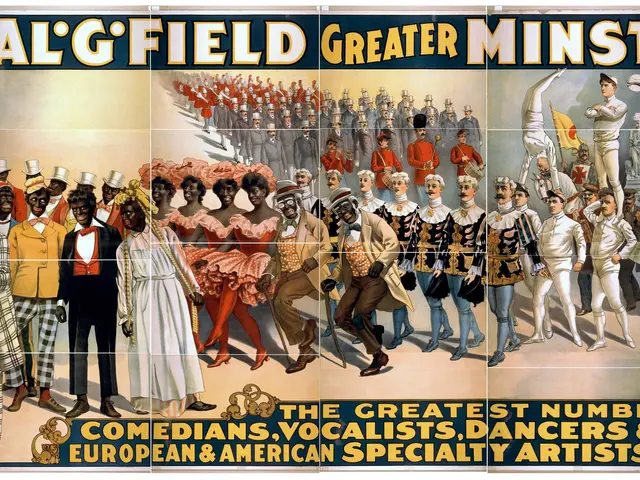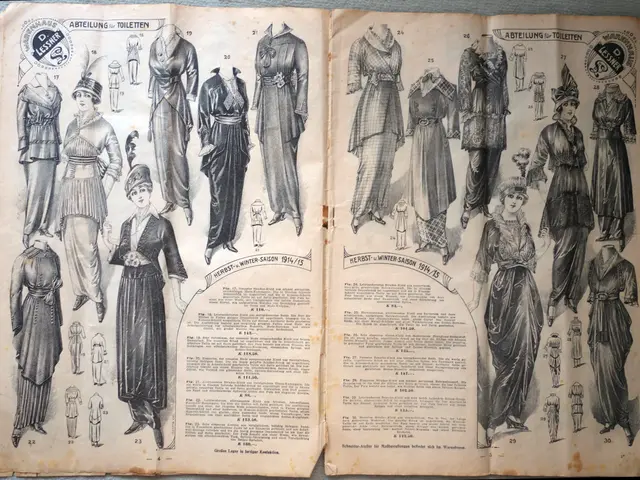Exploring Portrayals of Neurodivergence in Criminal Literature
In the world of literature, Christina Henry's latest work, "Murder by the Book," offers a fresh perspective with its neurodivergent main character, Emma Reilly.
Henry, an author who identifies as neurodivergent herself, chose not to label Emma with a specific diagnosis. Instead, she embraced Emma's differences and wrote what she knows, reflecting her own experiences in the character. This approach was instrumental in creating a character that feels authentic and relatable to many readers.
Emma Reilly, a literature professor, finds herself drawn into a murder mystery, becoming an amateur detective in Henry's work. The story initially featured a museum setting but drifted onto a college campus, providing a backdrop that allows Emma's unique mind to shine.
Henry's decision to write a neurodivergent character was not a conscious effort to make a statement. Rather, it was a natural extension of her own experiences and a desire to represent the many neurodivergent individuals who often go unrecognised and unsupported.
Many young neurodivergent girls are encouraged or scolded into conformity, making it difficult for them to find representation in mainstream literature. Henry hopes that neurodivergent readers find a sense of belonging in Emma's experiences, even if they don't share the author's exact neurodivergence.
For Henry, the journey of Emma Reilly in "Murder by the Book" is about recognising that her value lies in her uniqueness. Part of Emma's journey is learning to embrace her differences and finding acceptance from those around her.
Initially, the author aspired to write murder stories, not the next Great American Novel. However, as she delved deeper into Emma's world, she found that her story was about more than just solving a mystery. It was about a character's journey of self-discovery and acceptance.
The old axiom of write what you know was encountered by Henry while watching a movie adaptation of Alcott's Little Women. Inspired by this, she decided to create a character who reflects her own neurodivergence, even unintentionally.
Henry's work has been met with both praise and criticism. Some readers find Emma frustrating or unlikable, but this is part of her journey in the novel. Henry hopes that all readers see Emma's story as Emma's, embracing her differences and familiarities.
Henry's mother, an educator and social worker, was instrumental in getting the author diagnosed with ADHD (now known as Inattentive ADD) as a child. This early understanding of her own neurodivergence has undoubtedly influenced Henry's approach to writing Emma Reilly, a character who is not explicitly labeled as neurodivergent but whose experiences resonate with many.
In "Murder by the Book," Henry has created a character that is both relatable and unique, offering a fresh perspective on the murder mystery genre and providing representation for neurodivergent individuals.








